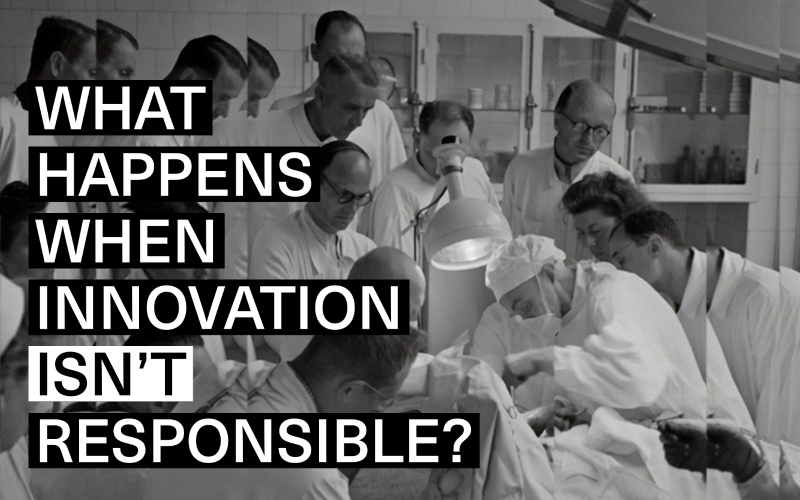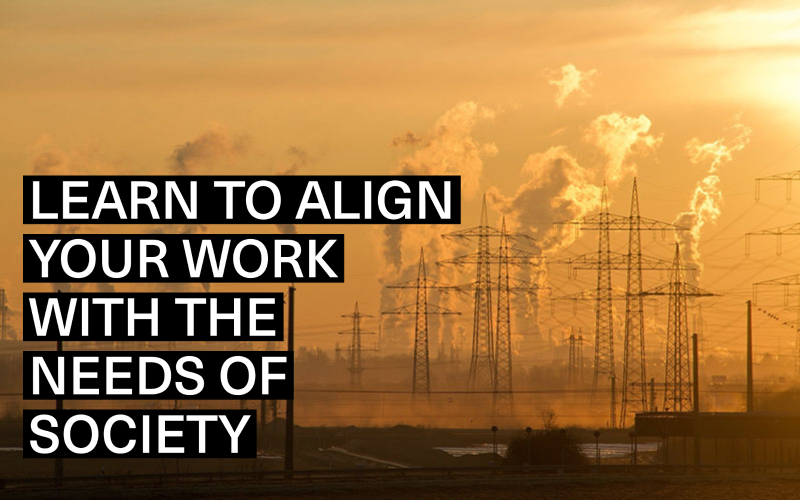What is Responsible Innovation?
Responsible Innovation isn’t easy.
Innovations typically arise within contexts of uncertainty and change. They emerge within complex systems involving many different people, organisations, and infrastructures. Thinking responsibly within this complexity requires flexibility, creativity, and leadership. We need to acknowledge that responsibility is an ongoing process that must be able to respond to new or unexpected insights and events.
Responsible innovation is not just about anticipating unintended consequences.
It is also about reflecting on the intended outcomes. As researchers and innovators across medicine, manufacturing, digital technologies, food production, and many other sectors are shaping the future, we might want to first ask: what do we want the future to look like? Responsible innovation urges us to reflect on what kind of world we want to live in and who should be involved in designing it.
Engagement and communication are essential for answering these questions.
We must take the time to consider, as early in the innovation process as possible, who needs to be involved in the design process. Diversity and inclusivity are key, here - we will need a diverse range of perspectives to imagine fairer, more equitable and sustainable futures. Once we have a sense of where we are going, then we can begin to use our expertise and resources to build a better world for everyone.
Responsible innovation prepares researchers, innovators, and business leaders to:
- Anticipate and creatively respond to changing circumstances
- Critically reflect on their values and the impacts of their work
- Engage and communicate with relevant stakeholders
- Lead institutional cultures that are equitable, inclusive, and socially responsive
In the words of others:
“"Small things, seemingly minor actions, decisions, and habits could have exponential effects in … affirming life, fostering well-being, invigorating society” - Ruha Benjamin"The ability to do harm (and good) is much greater for a scientist, and the terrain almost always unfamiliar” - Heather Douglas"All human beings need and receive care and give care to others. The care relationships among humans are part of what mark us as human beings. We are always interdependent beings” - Joan Tronto
 Close
Close



